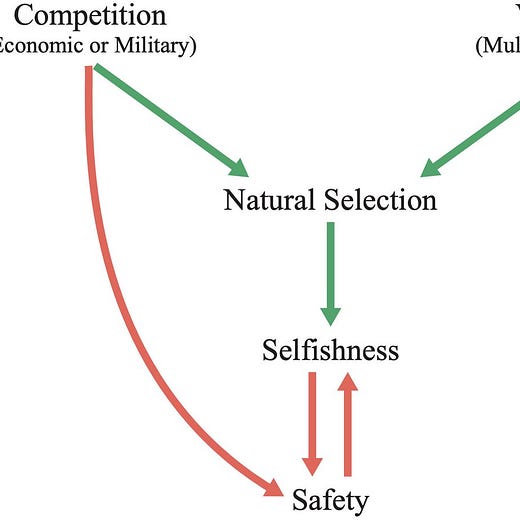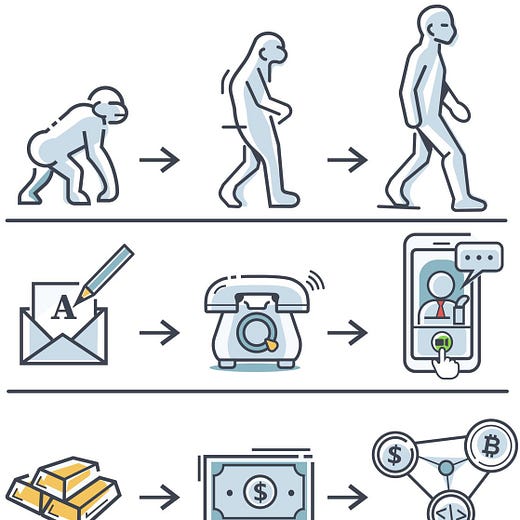🥇Top ML Papers of the Week
The top ML Papers of the Week (Mar 27 - April 2)
1). BloombergGPT - a new 50B parameter large language model for finance. Claims the largest domain-specific dataset yet with 363 billion tokens... further augmented with 345 billion tokens from general-purpose datasets; outperforms existing models on financial tasks while not sacrificing performance on general LLM benchmarks. (paper)
2). ALOHA - a low-cost system that performs end-to-end imitation learning from real demonstrations; also presents an algorithm called Action Chunking with Transformers to learn a generative model that allows a robot to learn difficult tasks in the real world. (paper | code)
3). HuggingGPT - a system that leverages LLMs like ChatGPT to conduct task planning, select models and act as a controller to execute subtasks and summarize responses according to execution results. (paper)
4). ChatDoctor - a medical chat model fine-tuned on LLaMA using medical domain knowledge. Collects data on around 700 diseases and generated 5K doctor-patient conversations to finetune the LLM. (paper | code)
5). LLaMA-Adapter - a lightweight adaption method to efficiently fine-tune LLaMA into an instruction-following model; generates responses comparable to Alpaca with fully fine-tuned 7B parameter; it’s also extended for multi-modal input support. (paper | code)
6). ChatGPT Outperforms Crowd-Workers for Text-Annotation Tasks - demonstrates that ChatGPT can outperform crowd-workers for several annotation tasks such as relevance, topics, and frames detection; besides better zero-shot accuracy, the per-annotation cost of ChatGPT is less 20 times cheaper than MTurk. (paper)
7). LLMs for Computer Tasks - shows that a pre-trained LLM agent can execute computer tasks using a simple prompting scheme where the agent recursively criticizes and improves its outputs. (paper)
8). Dialog-Enabled Resolving Agents (DERA) - a paradigm to enhance large language model completions by allowing models to communicate feedback and iteratively improve output; DERA outperforms base GPT-4 on clinically-focused tasks. (paper)
9). Natural Selection Favors AIs over Humans - discusses why AI systems will become more fit than humans and the potential dangers and risks involved, including ways to mitigate them. (paper)
10). ML for Partial Differential Equations - a review examining avenues of partial differential equations research advanced by machine learning. (paper)











